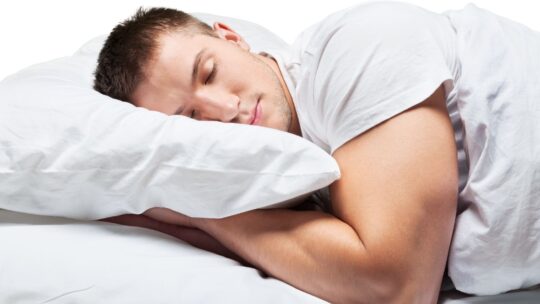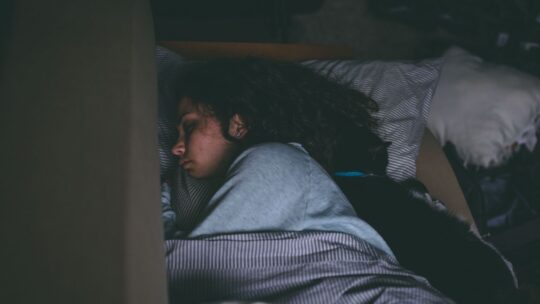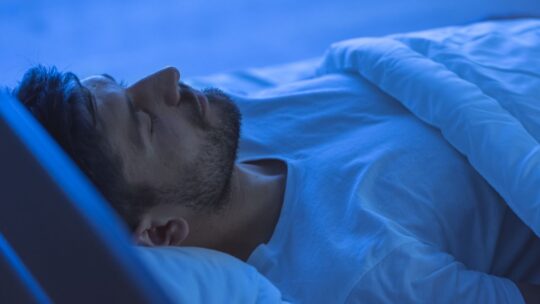
According to the National Sleep Foundation, adults need approximately 7-9 hours of sleep per night to function optimally. Unfortunately, many people are getting much less than they need, and if you are one of these people who are not getting enough sleep, you may experience side effects such as tiredness during the day or even having a difficult time concentrating. Lack of sleep also increases your chances of getting sick; however, do not worry because there are some things you can do to help improve your sleeping habits, and in this post, we will give you some tips on how you can get a better night’s sleep.
Choose Proper Sleepwear
Many people don’t realize just how important the right sleepwear is for a good night’s sleep. The best materials to sleep in include lightweight cotton pyjamas, knit, flannel pyjamas, bamboo-derived material, linen, or even silk. Lightweight fabrics always provide the best quality of sleep because they allow you to move with ease while you sleep. These fabrics are also great for lounging around because they are very comfortable, and that is the key to restful sleep. Socks are another sleep hack. It is said that sleeping in a pair of cashmere socks makes you fall asleep quicker and helps maintain a relaxing body while sleeping, which will improve sleep quality.
Establish a Bedtime Routine and Stick to it
One way to ease yourself into a better night’s sleep is to establish a bedtime routine. This can consist of anything that is going to help you relax and enter into a calmer state before bedtime. A few great ideas include taking a nice warm bath to relax your body, meditation to relax your mind, and reading a book which is known to help people become sleepy and fall asleep faster.

Having bedtime tea is another good bedtime routine idea, and probably the most important part of your bedtime routine that should be number 1 on the list is to choose a bedtime. Make sure it is not too late or too early; the recommended bedtime for adults is 10 pm.
Avoid Using Electronic Devices in Bed
Our technology devices, such as phones, tablets, laptops, and even televisions, emit blue light, which disrupts our natural sleep cycle as well as our natural hormonal cycle. It is because of this that it is not recommended to consume technology at bedtime. Rather, we stop using technology at least an hour before we sleep. This ensures that we get a restful night’s sleep without any disturbances. If you are in a situation where you have to use technology at night, perhaps you work late, you should invest in blue blocker glasses which absorb the blue light emitted from technology so that it doesn’t affect you.

You can purchase these glasses without a prescription. However, it is recommended that you get them from an optometrist. Instead of scrolling on social media before bed, try reading a book.
Keep Your Bedroom Cool and Dark
When you keep your room cooler and darker at night, you are reinforcing your body’s instinct to fall asleep because as night approaches, the temperature of our bodies naturally decreases, which signals to our brain that it is time to slow down and get some much-needed rest. Exposure to light at night can also mess with your sleep cycle because light increases melatonin levels which slows down your body’s organic progression to sleep. If you don’t have one, invest in a dim night lamp such as a Himalayan salt lamp which gives a warm glow instead of a harmful bright light. Natural light is also wonderful, so light some candles.

Stretch or do Relaxation Exercises Before Bedtime
Exercise is important because it releases energy and naturally makes us feel more tired. Experts suggest that exercising at night is good sleep hygiene, and it is recommended that you do low-intensity exercise before bed and avoid any vigorous activity at least 60 minutes before. Stretching is also brilliant because stretching your muscles and loosening your joints is a great way to relax your body and mind. A more relaxed body and mind will produce more relaxed sleep.























